Thursday, March 11, 2010
Review: "Faith of Our Fathers" by Philip K. Dick
First published in 1967, this twenty-five page short story has a fully realized setting, rich enough for the author to have turned it into a quite fascinating novel. Nevertheless, Philip K. Dick's choice to keep it a short story of special focus makes it quite powerful. That focus, amidst an interesting social political milieu, raises the following correlative questions: is the source of continual human failure to live up to its better nature (despite repeated near successes) ultimately derived from a disruptive force that is extraterrestrial, or perhaps even what might be construed by mere mammals such as we as being relativistically de facto "divine", and does such an entity subsume good and evil in a mystical way incomprehensible to the practical hopes of the earth-bound human psyche? On the exterior, the reader encounters the very thing most feared during the Cold War among democratic capitalist nations: most of the world has fallen like dominoes into the Communist fold. There are still isolated places of resistance (by implication geographically unimportant) and annexed places not yet fully acculturated to the Communist ethos, but it is only a matter of time before complete totality will be realized. There are references to a global war many years before, hard fought by democratist groups and nations, but decisive victory went to the Communists. For many decades since the global empire of the Communists has been wielded by a supreme ruler taht won them that war, and the Party has ironically (though unintentionally) assigned to him very feudal Chinese titles of a florid and lengthy nature, doubly ironic because he is in fact (for the record at least) a Caucasian originally from New Zealand. People sense their ruler should be far too old to control this far-flung poly-ethnic cosmopolitan state, but he always appears in his television broadcasts as physically maintaining an ideal middle age. The most remarkable technological innovations shaping existence, aside from robotized taxis, have been devoted to the maintenance of totalitarian control: television sets which act as video cameras to monitor the behavior of the citizens in their private homes and ensure their attentiveness to televised public addresses from their supreme ruler; videographic manipulation of appearance so that an authority figure appears in the race and with the ideal features that will most appeal to the dominant ethnicity of a particular broadcast region; "conapts", which are citizen apartments discretely designed for complete intelligence infiltration by the government; and unknown to all but the Party's inner circle, the lacing of the potable water system with a drugs that maintain an illusory perception of reality that maintains people's faith in the system of control. But enough time has passed, that the idealist period of struggle against ideological threats of any political strength has long passed, and now people are either beginning to become doubtful and distrustful of the need for such severe controls on their individual freedoms, or have degenerated into becoming ambitiously obsessed with petty punitive monitoring of their citizen neighbors. This fragmented psychological situation most tellingly reveals itself through the protagonist, Mr. Tung Chien, a mid-level Party official working for the Postwar Ministry of Cultural Artifacts, which functions as a bureau to help orchestrate educational initiatives in areas where there are remnants of alternative thinking, by using cultural media familiar to those populations not wholly acculturated to communist philosophy. Chien is now on the brink of promotion, but first he must pass a test of discernment which (unknown to him at first) contains a trick. He is made to believe that the analysis is merely to help the Party decide the nature of wrongheadedness infecting one of its elite schools of education in California, and thus prove his competence to handle a special project to recruit and train bright young Americans into their local Party machine. However, the true nature of the test has more personal ramifications for Mr. Chien. If he makes the right choice, he will have the opportunity to enter the inner circle of the Party. If he fails he will be demoted into an obscure office. This is secretly revealed to him by a woman, Tanya Lee, belonging to a subversive group of surprising resources, who visits his conapt. That she runs such a risk with an important member of the Party is mitigated by an initial revelation she tricked Mr. Chien into experiencing earlier. A war veteran on the street peddling small items, whom the law requires citizens to patronize, sold Chien a packet of supposedly medicinal powder. This war veteran is really a fellow agent of Lee's. The content of the packet has the appearance of snuff, which entices Chien to later snort it during a boring broadcast from the supreme leader. But the powder is actually a counter-hallucinogen called "selazine", now very rare because it exists only in remnant supplies left over from the laboratories of anti-communist groups. Through this counter-drug, Chien perceives for the first time the supreme leader as he really is: something not physically human. Though Chien has reached a point in his life where what he most desires is to attain a place of relative comfort and personal liberty within the Party, he decides not to have Lee arrested because he realizes that she is no ordinary subversive: she belongs to a group that simply wishes to understand what indeed is controlling their society and what its motives may be. Lee wishes to recruit Chien as an intelligence operative for their group, but Chien remains on the fence despite the disturbing revelation of the television broadcast. Eventually however, covertly re-supplied with more of the selazine, he decides to follow through (at least to satisfy is own burning curiosity) when he is invited to high-level Party banquet to personally meet the supreme ruler. What happens at this banquet I shall leave for the reader to discover, but it instigates an ending in which the most primal expression of humanity is affirmed in a world now known to Chien and Lee to be otherwise bound up in a game, both sides of which are played by the same person; and that person has no sympathy for what is truly human. Here we have a potent short story that makes definite metaphysical innovations on the dehumanizing qualities found in such seminal dystopian novels as Aldous Huxley's Brave New World and George Orwell's 1984, by transcending the question of what ideological force results in totalitarian control, and questions whether the impetus of such absolute control over people's lives can possibly stem from the evolutionary psychology of the human species. Indeed, the story's secret points to the most paranoid but most compelling answer for what seems a most irrational way to manage human life, and which remains to this day, a seemingly insidious temptation creeping into all governments and nations, despite the lessons of history and the better natures of their traditional leadership. The reader can most easily find this short story in: The Collected Stories of Philip K. Dick, Volume 5. Published by Citadel Twilight. Copyright 1992.
Subscribe to:
Post Comments (Atom)
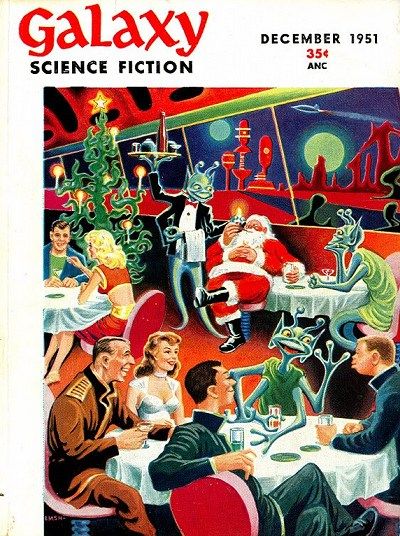





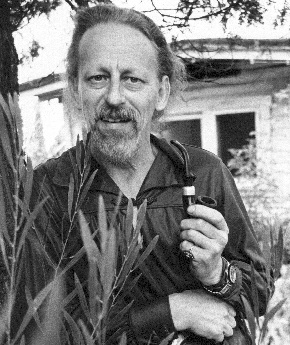


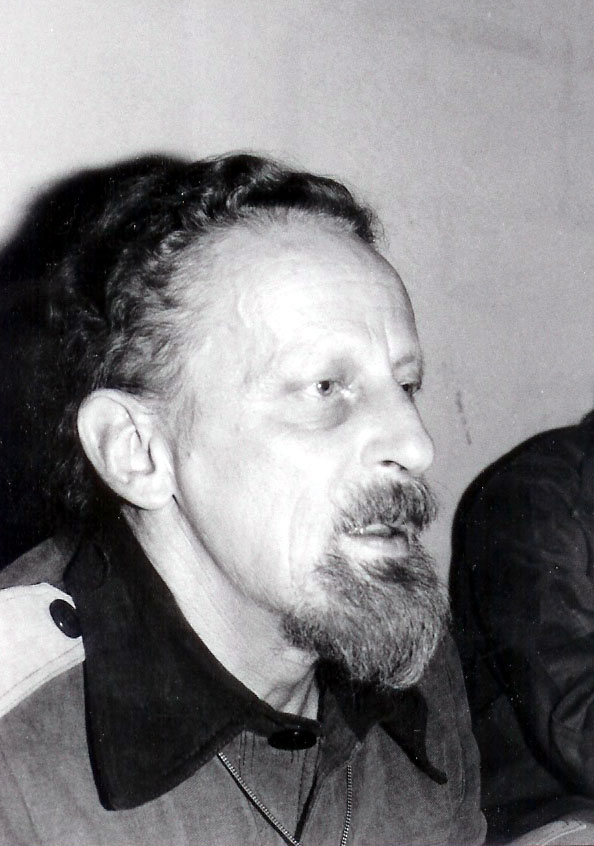



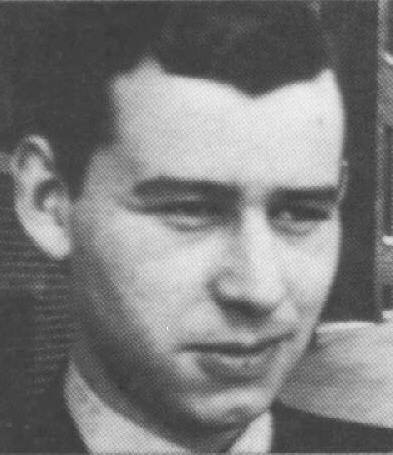




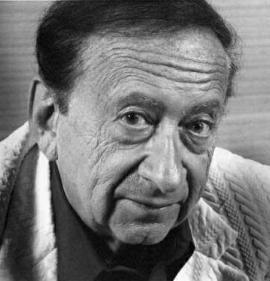

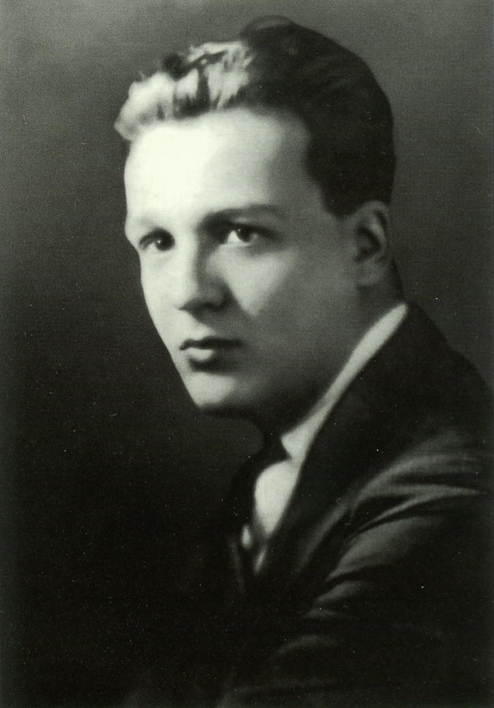



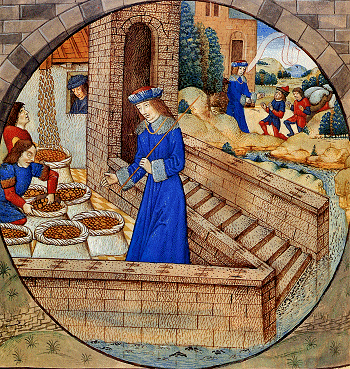


No comments:
Post a Comment